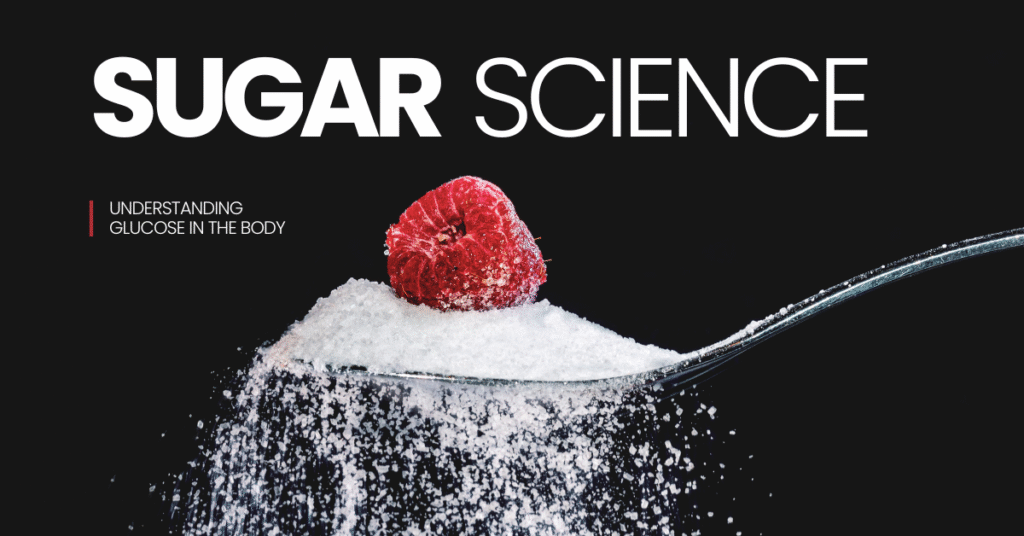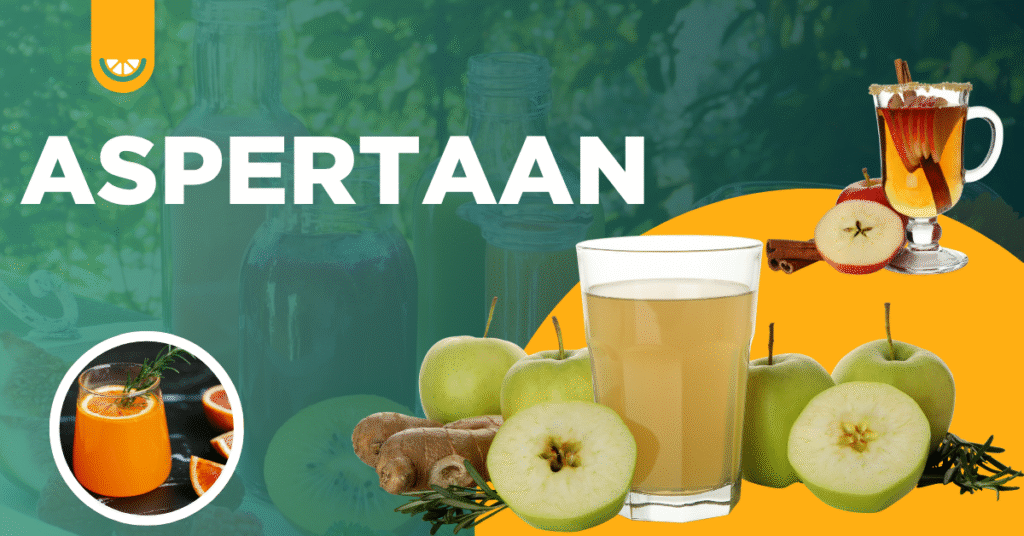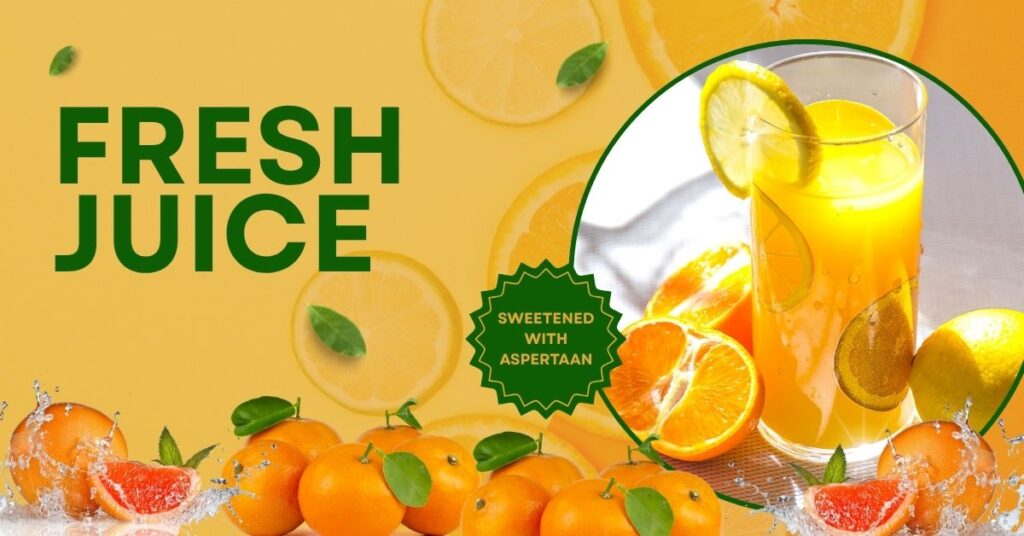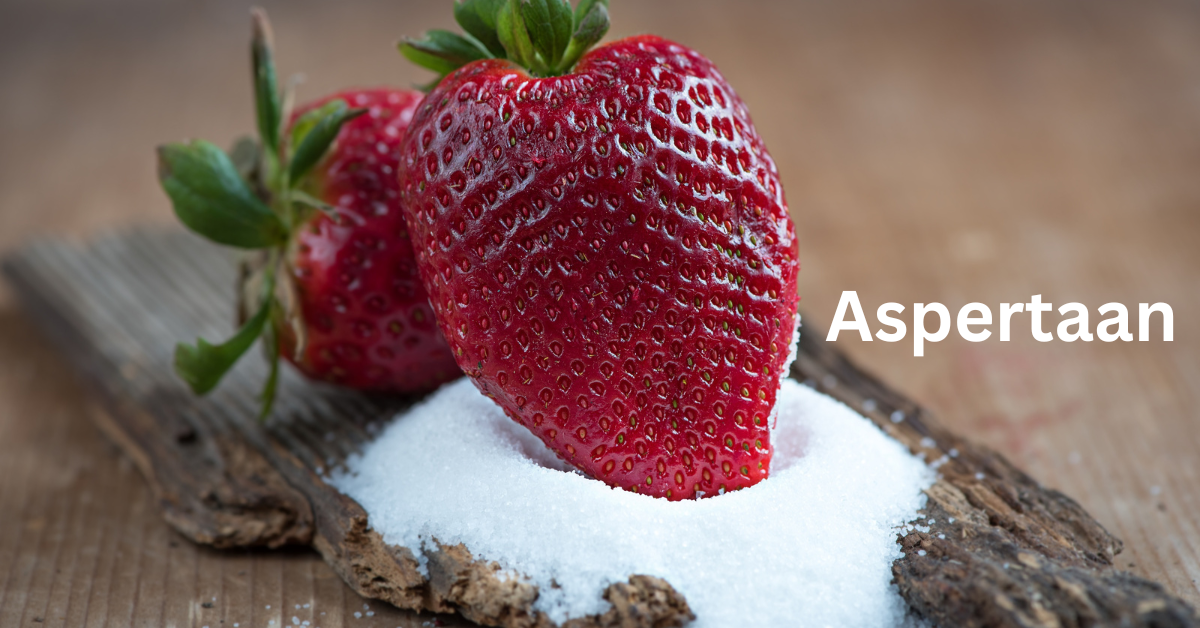Introduction
Aspertaan is quickly gaining attention among health-conscious people who want sweetness without the side effects of sugar. This new-generation sweetener is reshaping how we think about sugar alternatives and how they fit into modern lifestyles. From diet drinks to low-calorie desserts, Aspertaan is paving a delicious path toward balanced well-being. Learn how it works, its benefits, and whether it truly deserves a spot in your kitchen or diet plan.
What Is Aspertaan and Why People Are Talking About It
Aspertaan is a low-calorie sweetener believed to be derived from aspartame but developed to deliver a smoother, more sugar-like taste. It’s up to 200 times sweeter than regular sugar, meaning even a small pinch provides significant sweetness. That’s what makes it so appealing — less product, fewer calories, and a cleaner taste.
In simple terms, Aspertaan offers all the sweetness you love without causing the same calorie spike as sugar. Scientists designed it to break down efficiently in the body, making it suitable for calorie-conscious individuals, fitness enthusiasts, and those managing sugar intake.
It’s part of a larger shift toward alternative sweeteners that prioritize balance over indulgence. Health experts and consumers alike have noticed how Aspertaan helps reduce dependency on traditional sugars — without compromising the joy of eating.
How Aspertaan Works Inside the Body
Once consumed, Aspertaan undergoes a mild metabolic breakdown. Like aspartame, it splits into small natural components — mainly amino acids and trace amounts of methanol. These components are then used by the body in standard metabolic processes, making it easy to digest for most people.
However, it’s worth noting that Aspertaan contains phenylalanine, so those with phenylketonuria (PKU) must avoid it. Apart from that, studies have shown that the sweetener contributes negligible calories and does not raise blood glucose levels — a major plus for diabetics or anyone monitoring sugar intake.

When used in beverages or low-heat applications, Aspertaan retains its sweetness and stability. However, at high baking temperatures, its chemical structure can begin to degrade, slightly reducing sweetness. Therefore, it’s often combined with heat-stable sweeteners like sucralose or stevia in recipes that require baking.
The Health Benefits of Aspertaan
There are several clear advantages to using Aspertaan, especially for people aiming to live healthier lives without giving up sweet pleasures.
- Low-Calorie Advantage – It allows you to enjoy sweetness without the energy surplus that comes with sugar. This helps manage weight and prevents calorie overload.
- Diabetes-Friendly – Since Aspertaan doesn’t spike insulin or glucose levels, it’s a smart sugar alternative for diabetics.
- Dental Health Support – Unlike sugar, it doesn’t feed the bacteria that cause cavities.
- Closer-to-Sugar Taste – Many consumers say Aspertaan’s sweetness curve feels more natural and less bitter than older artificial sweeteners.
- Versatility – It’s suitable for drinks, yogurts, and even sauces, giving it wide culinary use.

My personal experience (Insight #1): I once replaced regular sugar in my morning iced coffee with Aspertaan. The taste was impressively close to real sugar — no bitterness, no lingering aftertaste. It felt light, energizing, and surprisingly refreshing.
Is Aspertaan Safe to Consume Daily?
Safety is a topic everyone asks about when it comes to artificial sweeteners. Aspertaan, like its predecessor aspartame, has undergone multiple safety assessments under food and health authorities worldwide.
Organizations such as the FDA and the European Food Safety Authority (EFSA) have approved similar sweeteners for human consumption within established acceptable daily intake (ADI) levels. Most findings conclude that as long as Aspertaan is consumed in moderate amounts, it is safe for daily use.
Also Read:Health threetrees com vn: Exploring the Online Health Jungle
However, for people with PKU, phenylalanine accumulation can pose health risks. This is why food products containing Aspertaan often include a “Contains Phenylalanine” warning. Apart from that specific group, most people can enjoy Aspertaan safely.
Another aspect is its chemical stability — when exposed to heat or stored for long periods, Aspertaan may lose sweetness, so it’s best used fresh or in chilled items.
How to Use Aspertaan in Your Everyday Diet
Using Aspertaan doesn’t require being a chemist or a nutrition expert. You can easily integrate it into your meals and drinks with a few practical tips:
- Beverages: Use a pinch for coffee, tea, lemonade, or smoothies. It dissolves quickly and gives instant sweetness.
- Cold Desserts: Perfect for puddings, yogurts, or milkshakes where heating is minimal.
- Baking: Combine with another sweetener to maintain sweetness at high temperatures.
- Savory Dishes: A small amount enhances sauces, glazes, and marinades without adding sugar calories.
My personal experience (Insight #2): I tried Aspertaan in homemade lemonade, and it worked beautifully. The taste stayed stable for three days in the fridge, making it perfect for summer drinks or cold desserts.

Potential Side Effects of Aspertaan
Though generally well-tolerated, a few users may notice side effects, especially when overconsumed. These can include mild headaches, fatigue, or digestive discomfort. It’s usually temporary and linked to dosage levels beyond the ADI.
A 2023 review by the International Agency for Research on Cancer (IARC) classified aspartame as “possibly carcinogenic to humans,” but this classification doesn’t necessarily translate to a real-world hazard at normal intake levels. The scientific community agrees that moderation is the safest approach.
Comparing Aspertaan to Other Sweeteners
| Sweetener | Sweetness (vs Sugar) | Calories | Heat Stability | Main Use |
|---|---|---|---|---|
| Aspertaan | 200x | Negligible | Moderate | Drinks, Yogurt |
| Aspartame | 200x | Low | Low | Beverages |
| Stevia | 150x | None | High | Baking, Tea |
| Sucralose | 600x | None | High | Baking |
| Acesulfame K | 200x | None | High | Processed Foods |
In simple terms, Aspertaan provides a “middle ground” — it’s sweeter than sugar, less stable than sucralose, but closer to natural sweetness than stevia or acesulfame potassium.
Consumer Perception and Market Growth
The global market for low-calorie sweeteners is growing fast, and Aspertaan is emerging as a top competitor thanks to its balanced sweetness. Consumers today care about taste, not just calorie counts. That’s where Aspertaan excels — offering a more natural sweetness profile while aligning with fitness and wellness goals.
Health brands have started experimenting with Aspertaan-based beverages and diet foods to attract younger, health-aware consumers. Its marketing appeal is built around a simple promise: “Enjoy sweetness, skip the sugar.”
This aligns perfectly with modern lifestyles where people want convenience and wellness in one bite or sip.
Scientific and Regulatory Perspective
Regulatory agencies like FDA, EFSA, and JECFA periodically review artificial sweeteners for safety and classification. Since Aspertaan shares structural similarity with aspartame, it falls under similar monitoring standards. The Acceptable Daily Intake (ADI) often ranges from 40–50 mg per kilogram of body weight, which is far above typical consumption levels in real diets.
Studies continue to examine long-term metabolic effects, but no conclusive evidence links Aspertaan use within the ADI to serious health issues. As with any food additive, it’s the dose that makes the difference.
The Future of Aspertaan
As global sugar reduction campaigns continue, Aspertaan might become a key ingredient in the next generation of “smart foods.” Its balance of taste, safety, and low-calorie benefits gives it the potential to redefine how we perceive sweetness.
Food technologists are already testing new versions of Aspertaan that could resist heat degradation, allowing for baking applications without taste loss. If successful, this innovation could make Aspertaan a preferred alternative for chefs, home cooks, and beverage makers alike.
Is Aspertaan the Sweetener for You?
You might consider Aspertaan if:
- You’re cutting down on sugar for weight control or blood sugar management.
- You prefer a sweetener that feels and tastes like sugar.
- You mostly consume cold drinks or foods.
You might want to avoid it if:
- You have PKU or phenylalanine sensitivity.
- You bake frequently and need extreme heat stability.
- You prefer 100% natural options like stevia or monk fruit.
At the end of the day, balance and moderation matter most. Aspertaan isn’t a miracle sweetener — but it’s a valuable tool in modern diets striving for both flavor and health.
FAQs About Aspertaan
Q1: Is Aspertaan the same as aspartame?
Not exactly. While they share similar chemical roots, Aspertaan is a refined or derivative version intended to offer improved taste and stability.
Q2: Can Aspertaan cause weight loss?
It helps reduce calorie intake, which may support weight loss when combined with healthy eating and physical activity.
Q3: Is Aspertaan safe for kids?
It’s considered safe within dietary limits, but children with PKU should avoid it. Always check product labels.
Q4: Can I cook or bake with Aspertaan?
Yes, but only at moderate heat or when mixed with more heat-stable sweeteners.
Q5: Does Aspertaan have an aftertaste?
Most users report that Aspertaan tastes closer to sugar with very minimal aftertaste compared to older sweeteners.
Final Thoughts
Aspertaan represents more than just another sugar substitute — it’s a shift in how we think about enjoying sweetness responsibly. Its growing popularity proves that people want to live better without giving up flavor. Whether you use it in your morning coffee or your favorite smoothie, Aspertaan offers a guilt-free sweetness that fits today’s lifestyle.


